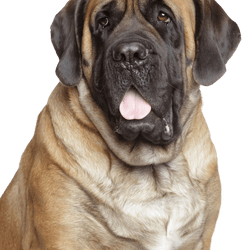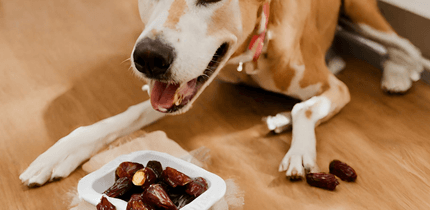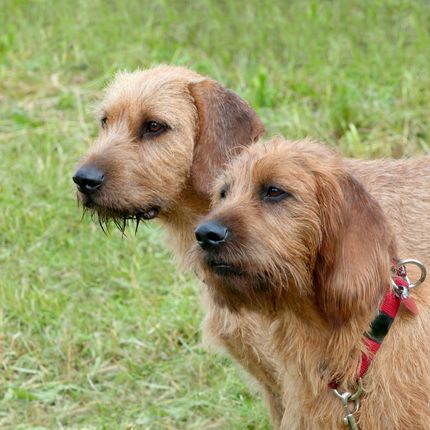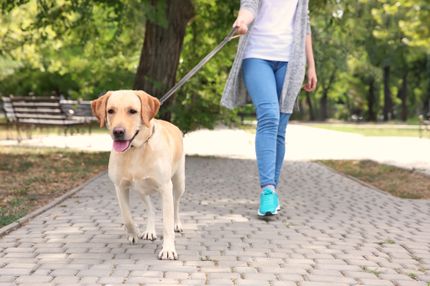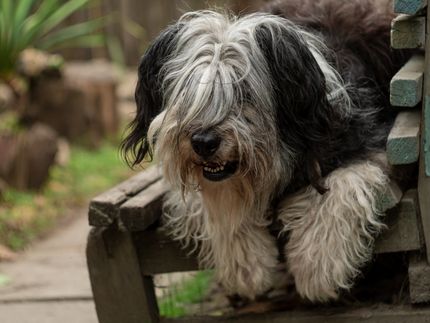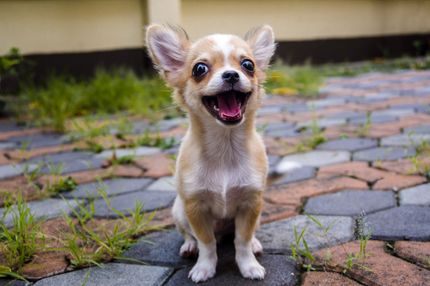Facts & Origin
The English Mastahoula: A powerful and fascinating cross between the English Mastiff and the Louisiana Catahoula Bulldog.
The English Mastahoula is an impressive blend of two powerful and charismatic breeds: the English Mastiff and the Louisiana Catahoula Bulldog. This cross combines the imposing size and friendly nature of the Mastiff with the intelligence and energy of the Catahoula Bulldog.
Origin and history
The exact origin of the English Mastahoula is not documented, but its parent breeds each have a long and rich history. The English Mastiff originated in Great Britain and is one of the oldest breeds known for its size and strength. On the other hand, the Louisiana Catahoula Bulldog is a lively and intelligent dog that was bred in the southern states of the United States as a working dog.
In summary, the English Mastahoula is an energetic, loyal and loving dog that builds a strong bond with its family. With proper care and attention, this unique mix is an ideal companion for active families.
| Alternate Name | - |
| Origin | USA - UK |
| Life expectancy | 6 - 12 years |
| Care requirements | low-maintenance |
| Activity level | average |
| FCI group | not recognised |
| AKC group | not recognised |
| KC group | not recognised |
More Louisiana Catahoula Bulldog mixes
More Mastiff mixes
Attitude, character and temperament of the breed
Possible character traits
The English Mastahoula is a dog of great strength and energy, but also has a calm and loving temperament. He is intelligent and willing to learn, which makes training easier. At the same time, his energy and willingness to work requires enough exercise and mental stimulation to keep him happy and balanced.
Suitability and attitude
The English Mastahoula is a good fit for active families who have enough time and space to meet his physical and mental needs. His friendly and loyal nature makes him a great family dog and a reliable companion . However, it is important to note that his size and energy are not suitable for all living environments. An apartment with limited space is not ideal for this large, high-energy dog.
Character
Care and health
As with any breed, the English Mastahoula requires regular grooming. Its short coat is low maintenance and requires only occasional brushing. Due to its size, regular vet visits are important to catch potential health problems early. Health problems that can occur in this breed include hip and elbow dysplasia, eye disease, and heart problems.
What does this mongrel look like?
The English Mastahoula is a large, powerful dog that impresses. His size varies, but he tends to inherit more of the stature of the Mastiff than the Catahoula Bulldog. His coat is short and can be a variety of colors, from solids to multi-colored patterns. His eyes are often bright and lively, giving his expression a unique intensity.
| Fur length | short |
| Fur | flat coated |
| Ear shape | Triangle - Floppy Ear |
| Tail | lang |
| Anatomy | muscular, strong, square, hefty |
| Size ♀ | 50 - 91 cm |
| Weight ♀ | 30 - 100 kg |
| Size ♂ | 50 - 91 cm |
| Weight ♂ | 30 - 77 kg |
| Suitable For | - |
Known Diseases
Hip dysplasia (HD)
Hip dysplasia (HD) is a genetic condition in dogs where the hip joint is not shaped properly. This leads to pain, stiffness and restricted movement.
Elbow dysplasia (ED)
Elbow joint dysplasia is a chronic disease complex of the elbow joint of fast growing dog breeds.
Eye diseases
Often occur with allergies and intolerances.
Damage to the gait
Often seen in severely overweight dogs and heavy breeds.
Skin inflammations
Can be hereditary in certain breeds.
Heart disease
Can occur frequently in dogs and can sometimes be treated with medication.
FAQ
-
The English Mastahoula is a popular hybrid breed known for its friendly and balanced character. They are active, intelligent, affectionate and loyal companions who enjoy being with people and have a lot of love to give.
-
The English Mastahoula is described as a large dog.
-
His coat is short and smooth, but it can vary and the coat colors vary depending on the parents.
-
He needs a diet adapted to his age, activity level and size.
-
Yes, he is more prone to certain health problems, including joint disease, respiratory disease, heart problems and problems with the digestive system. It is therefore important to have regular veterinary check-ups to detect such problems early.
